Dental Fillings faqs
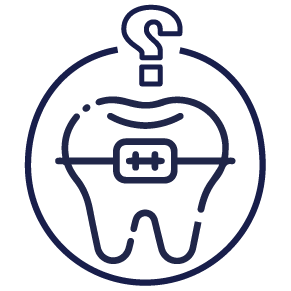
Orthodontic FAQ

Hair transplant Questions

Hair transplantation for men in Turkey
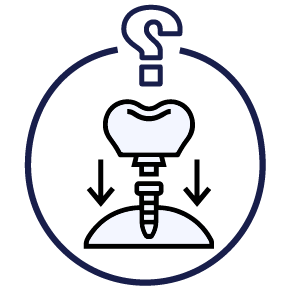
Common questions about Dental Implants
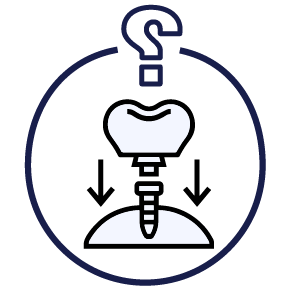
Questions and answers for dental implants

Teeth medicine FAQs
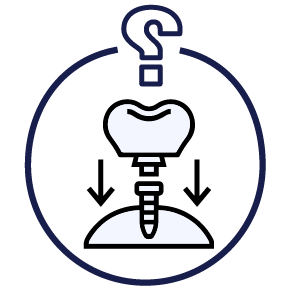
FAQs about dental implants

FAQs for hair transplantation
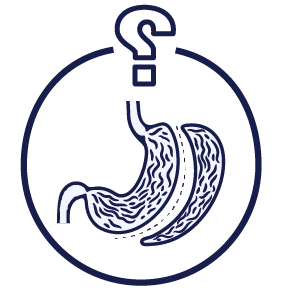
Questions and answers about sleeve gastrectomy

Laser vision FAQs

Questions and answers on laser vision correction

Common questions for hair transplantation in Turkey

Common questions for dental implants
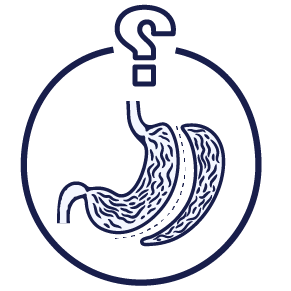
Sleeve gastrectomy frequently asked questions

Common questions of gastric bypass
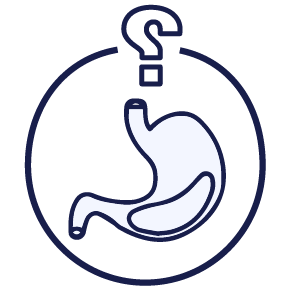
Frequently asked questions about gastric balloon

lasik eye surge Faq

Dental Fillings faqs

Frequently asked questions about IVF treatment

Question and answer about Coronavirus
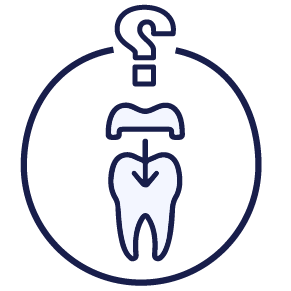
Porcelain Dental faqs
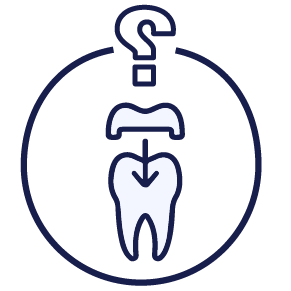
FAQ about Zirconia dental

Common questions about keratoconus

FAQs about impacted wisdom tooth

Tooth Abscess FAQs

FAQs about obesity

FAQs about DHI

migraine

FAQs about Donor Area

All on four dental implants in Turkey faqs

Dental implants in Istanbul faqs

bone marrow transplant in turkey faqs

Gastric Bypass versus Gastric Sleeve faqs

Stem cell treatment for hair loss faqs

Gastric Sleeve Surgery Cost in Turkey faqs

Stem cell treatment for knees faqs

Difference Between Veneers and Lumineers faqs

PRP injection for the Knee faqs

Difference Between Veneers and Crowns faqs

Stem cell treatment Turkey faqs

Deviated Septum faqs

nose-filler-faqs

teeth bonding faqs

removable braces faqs

German dental implants faqs

dental-implant-failure-faqs

dental fillings types and cost faqs

cooked teeth faqs

Freddie mercury teeth faqs

Dhi vs Fue faqs

Deviated Septum Treatment in Turkey faqs

Exploring Dental Implant Brands faqs

beard-hair-loss-faqs

Composite Bonding faqs

beard transplant cost in Turkey faqs

beard transplant side effects faqs

rhinoplasty and septoplasty differences faqs

